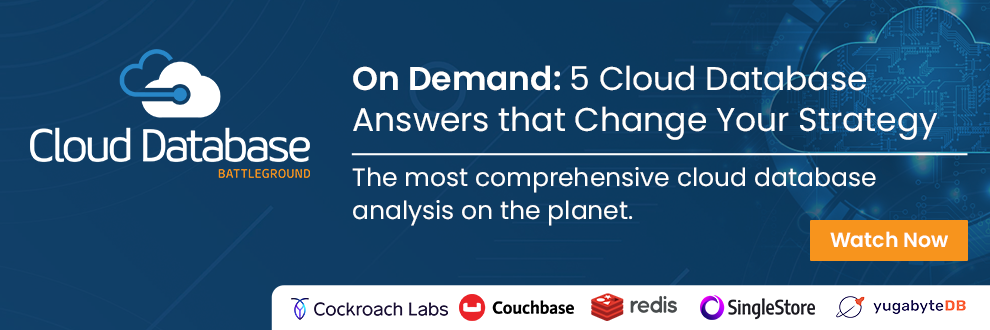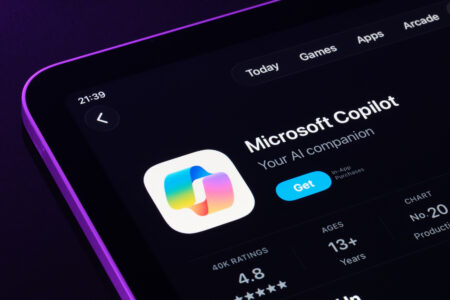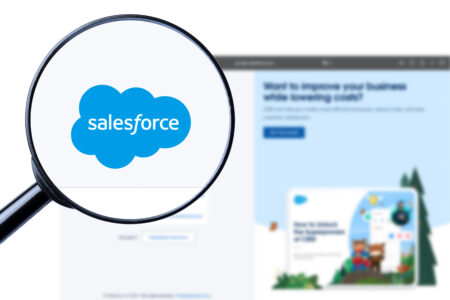
Achieving a data-driven culture in your organization should be at the top of your strategy. If you haven’t already made plans to implement data-driven initiatives and develop a commitment to data-driven innovation in your company, then, well, you need to start today. So, where to begin?
One of the best ways to instill a data-driven culture in your organization is through the tools your team uses. And amongst these tools will likely be a substantial number of business apps. Utilizing cutting-edge, data-focused business apps is one of the best ways to support your company’s data-driven culture.
This article will explain why business apps are essential for fostering a shift in attitudes towards data-driven innovation. We’ll also showcase some of the apps that will help you get there faster.
1. Cherry-picking reported metrics enables users to focus on data targets and celebrate data-driven successes .
The big bang approach is never a good way to introduce new initiatives to a business. For example, rolling out an entirely new communications platform at once would cause a tremendous amount of disruption. And, in the long term, it would cost a large amount of money to streamline.
The same is valid for data. To encourage users to use data analysis regularly, you must introduce the metrics that support this transition bit by bit. For example, bombarding a sales team with company-wide reports and analytics data when all they need is the analysis regarding recent sales success will not encourage them to pursue a data-driven strategy.
Many business apps include analytics and reporting tools and enable users to dissect the metrics they need and leave the rest. Aggregated statistics are not as practical as targetted reporting, and many standalone business apps, such as Xero in the accounting sector, provide this functionality.
2. Dashboards provide easy access to analytics.
Data access is crucial when transitioning to a data-driven culture from the executive committee to the IT department. Why? Because in many cases, actually aggregating data from various source systems can be incredibly complicated and time-consuming.
Many data management platforms pull in data from multiple source systems and then present it for consumption. However, as discussed above, business apps can provide a targeted solution for specific information.
When you have a business app focused on a specific area of business that can translate the information required into an accessible dashboard, you have the perfect combination. One of the best examples of this is SalesForce. The app enables you to create bespoke dashboards to make the required information accessible, understandable, and straightforward.
3. Enable a data-driven culture without a fully-fledged data team.
When a company embarks on introducing a data-driven culture to their organization, one of the significant stumbling blocks in education. Business users are often unaware of the power of the data at their fingertips or even what a data-driven organization looks like.
Installing a dedicated data team in your organization is one tried and tested way of establishing data policies and distributing them to a broader audience. However, this approach is both expensive and highly time-consuming.
Business apps provide a slick and relatively affordable solution to this issue. They operate on multiple levels to accelerate data-driven innovation and disseminate ideas and protocol without the requirement for a data team.
The core areas they cover are:
- The ability to share spreadsheets and other reports across users via the cloud
- Access to self-service tools lets users pull up the data they need and collaborate ad hoc on specific data assets
- Integrated reporting mechanisms that work alongside third-party bussines apps and app platforms
- In-built socialization tools to share poliicies across an organization
Interestingly, this functionality is often already present in a company’s existing applications, and the trick is finding out where and how to access it. One of the most comprehensive app suites for user-driven efforts is Microsoft Power BI, a comprehensive data analytics and business intelligence suite that doesn’t require a data team to oversee user interactions.
This list is by no means exhaustive. There are many other ways that business apps can support a data-driven culture in your organization. However, if you follow the three key steps covered in this article, you’ll be off to a very good start.









